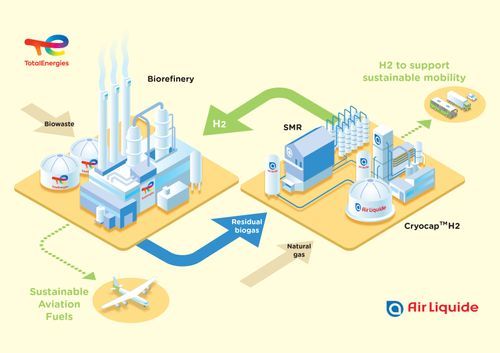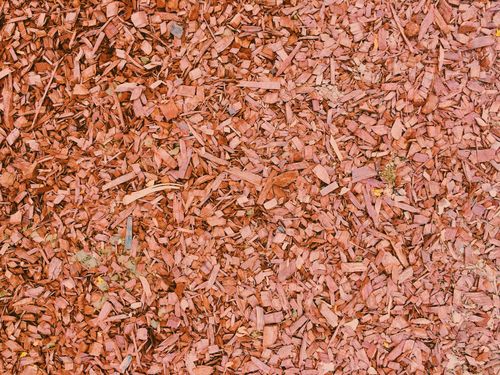Vertex Energy will convert its Mobile refinery to produce conventional fuels amid macroeconomic headwinds that have led to weaker results for renewable diesel produced at the plant.
“Due to the significant macroeconomic headwinds over the past 12 months, many of which we believe will continue to occur over the next 18 months and potentially beyond, we have decided to strategically pause our renewable diesel business and pivot to producing conventional fuels from the hydrocracker unit,” Vertex CEO Ben Cowart said in a statement.
Vertex announced last year that it is pursuing strategic alternatives with BofA as financial advisor. The company is staring down a term loan debt maturity in 11 months, and is focused on refinancing the facility, executives said on a 1Q24 earnings call.
A going concern warning was issued in Vertex’s 10Q filing in relation to the $195m term loan debt maturity, they added.
“We’re very much still in our process with BofA,” Cowart said on the call. “We’ve got good outcomes that we’re working through.”
Vertex Refining Alabama last year sold its first 110, 000 barrels of renewable diesel from the Mobile plant to Idemitsu Apollo Renewable Corp., the California-based subsidiary of Japan’s Idemitsu Kosan Co.
Idemitsu Apollo Renewable committed to purchasing all of the Mobile refinery’s renewable diesel production up to a maximum volume of 14,000 b/d. The contract flexes with production at the plant, so Vertex is under no obligation to Idemitsu under the offtake agreement, executives said on the call.
Vertex will transition the Mobile refinery in conjunction with a planned catalyst change, and outlined the economics for moving back to conventional fuels:
“When modeling the unit in conventional service against first quarter 2024 historical data, we estimate the unit could have significantly improved our results providing an additional fuel gross margin contribution of roughly $40m on conventional fuels,” Cowart said in his statement.
Dough Haugh, the company’s chief commercial officer, noted the macroeconomic outlook for renewable diesel, saying he didn’t see a reason to continue to persist in those losses.
“The forward curve on feedstocks is flat, so there’s no implied benefit coming in terms of feedstock costs,” he said. “RINs have collapsed materially from where they were last year, which was already down substantially from the previous year. LCFS has been bouncing a little bit but it’s substantially below where it commands production.”
He added: “So when you look at those, it doesn’t look like there’s a combination that would provide positive margins for the next several quarters.”






